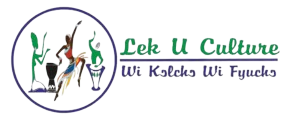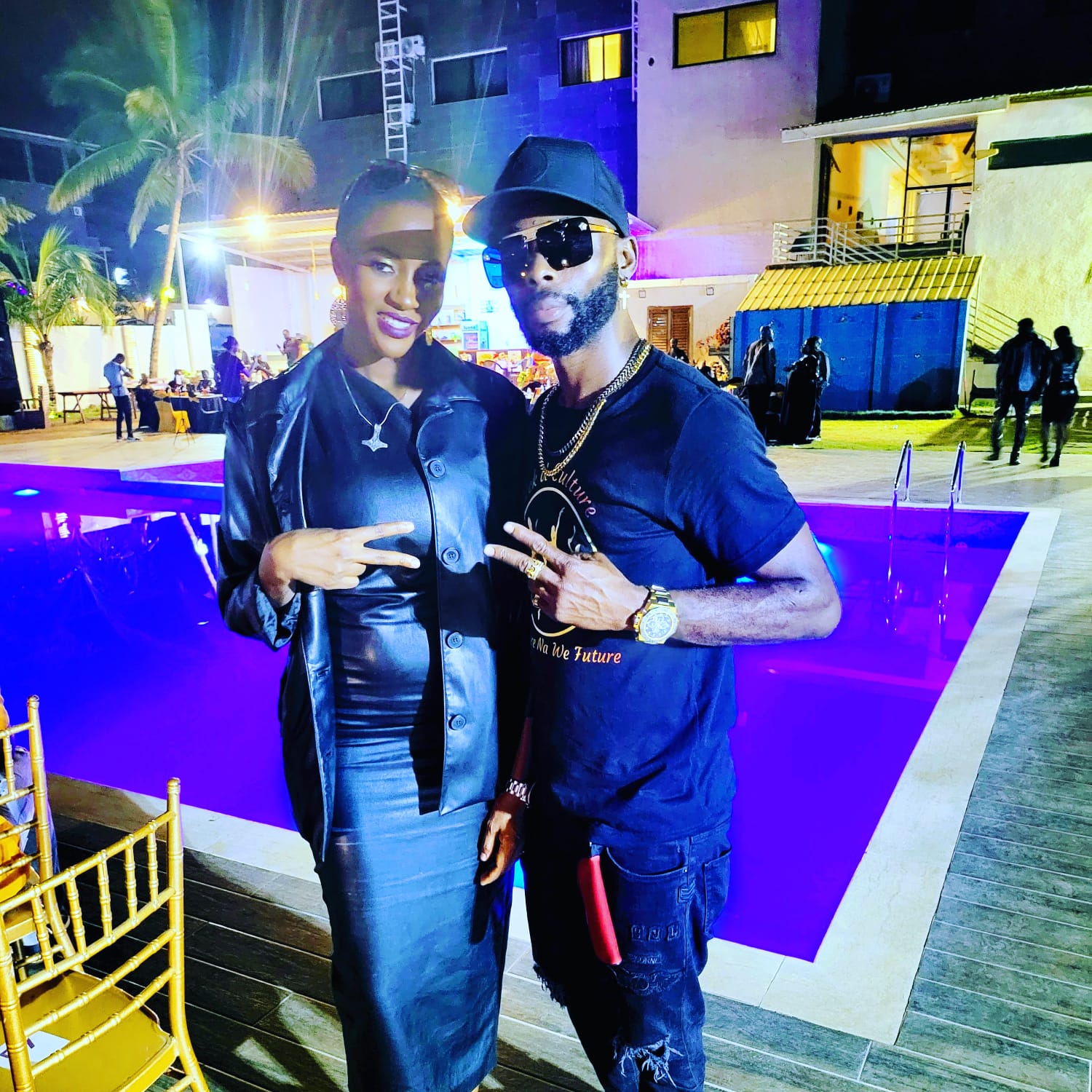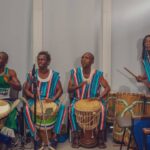Religious Diversity in Sierra Leone: Harmony Amidst Difference
Sierra Leone, a country nestled on the West African coast, boasts a rich tapestry of religious diversity that reflects the pluralistic nature of its society. From the bustling cities of Freetown and Bo to the remote villages of Kono and Kenema, the country is home to a vibrant array of religious beliefs, practices, and traditions that coexist and intermingle in a spirit of harmony and mutual respect. In this exploration of religious diversity, we delve into the multifaceted landscape of faith in Sierra Leone, examining the major religious traditions, their historical roots, and their enduring significance in the lives of its people.
Islam: Pillar of Faith
Islam holds a prominent place in the religious landscape of Sierra Leone, with approximately 78% of the population identifying as Muslims. The roots of Islam in Sierra Leone can be traced back to the 18th century, when Muslim traders and scholars from the Sahel region began to spread the teachings of Islam along the trade routes that crisscrossed the region. Over time, Islam took root among the indigenous populations of Sierra Leone, becoming deeply integrated into the cultural fabric of the country.
Today, Islam is practiced by people from all walks of life in Sierra Leone, from urban professionals to rural farmers. Mosques dot the landscape of the country, serving as centers of worship, education, and community gathering. Islamic rituals and traditions, such as fasting during Ramadan, giving alms to the poor, and performing the Hajj pilgrimage, are observed with reverence and devotion, serving as pillars of faith and sources of spiritual guidance for millions of Sierra Leoneans.
Christianity: A Diverse Tapestry
Christianity also enjoys a strong presence in Sierra Leone, with approximately 21% of the population identifying as Christians. The roots of Christianity in Sierra Leone can be traced back to the 15th century, when European missionaries began to spread the teachings of Jesus Christ among the indigenous populations of the region. Over time, Christianity took root and flourished, becoming deeply ingrained in the cultural and social fabric of Sierra Leone.
Today, Christianity in Sierra Leone is characterized by a diverse array of denominations and traditions, including Catholicism, Protestantism, and Pentecostalism. Churches of all sizes and denominations can be found throughout the country, from grand cathedrals in the capital city to humble chapels in rural villages. Christian rituals and traditions, such as Sunday worship services, baptism, and communion, are observed with reverence and devotion, providing spiritual nourishment and community support for millions of Sierra Leoneans.
Traditional African Religions: Ancestral Connections
In addition to Islam and Christianity, Sierra Leone is also home to a variety of traditional African religions that predate the arrival of foreign faiths. These indigenous belief systems are characterized by a deep reverence for the natural world, ancestral spirits, and the forces of the universe. While precise figures are difficult to ascertain, it is estimated that a significant portion of the population adheres to traditional African religious practices, often alongside Islam or Christianity.
In traditional African religions, rituals, ceremonies, and sacrifices play a central role in maintaining harmony between the living and the spirit world. Shrines, sacred groves, and ancestral gravesites are revered as places of spiritual power and connection, where offerings are made and prayers are offered to the gods and ancestors. These practices are deeply rooted in the cultural identity of Sierra Leoneans, providing a sense of continuity and connection to the past in an ever-changing world.
Interfaith Relations: Building Bridges
Despite their differences, the various religious communities of Sierra Leone coexist in a spirit of harmony and mutual respect, forging bonds of friendship and cooperation that transcend religious boundaries. Interfaith dialogue, collaboration, and outreach initiatives are common across the country, bringing together Muslims, Christians, and adherents of traditional African religions to address shared challenges and promote social cohesion.
In times of crisis, such as natural disasters or civil unrest, religious leaders often come together to offer prayers, support, and assistance to those in need, demonstrating the power of faith to unite and uplift communities in times of adversity. Moreover, religious festivals and celebrations are often observed with participation and goodwill by people of all faiths, fostering a sense of unity and shared identity among Sierra Leoneans.
Conclusion: Embracing Diversity, Building Unity
In conclusion, religious diversity is a defining feature of Sierra Leonean society, enriching its cultural heritage and fostering a spirit of tolerance, respect, and cooperation among its people. Whether Muslim, Christian, or adherent of traditional African religions, Sierra Leoneans share a common commitment to peace, justice, and the pursuit of a better future for themselves and their children. By embracing diversity and building unity across religious lines, Sierra Leoneans can continue to draw strength from their shared heritage and forge a path towards a brighter, more inclusive future for all.







